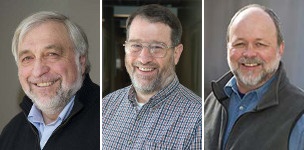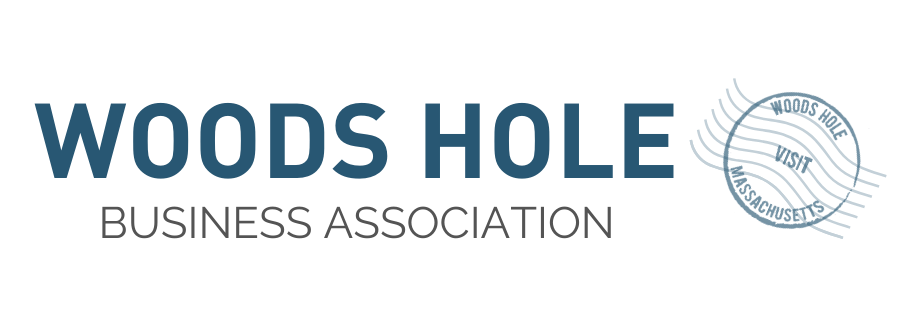To submit an event to be added to the calendar, please click the button below.
Your event will appear on the calendar as soon as it is approved by the site administrator.

- This event has passed.
MBL Ecosystems Center Webinar: “Will Land Feedbacks to the Climate System Accelerate Global Warming?” – Jerry Melillo, Gus Shaver, Ed Rastetter
December 15, 2020 @ 12:00 pm - 1:00 pm
Free
Introduction – Human disruption of the global carbon cycle is the primary driver of climate change. Scientist at The Ecosystems Center have been studying the role of land ecosystems in the global carbon cycle using field experiments and simulation modeling for four decades. Today, three Center scientists will present examples of their work on the carbon cycle. Jerry Melillo and Gus Shaver will summarize long-standing field experiments and Ed Rastetter will report on a set of modeling experiments.
Jerry Melillo – Climate change over the 21st century is projected to lead to soil warming and trigger a complex self-reinforcing feedback to the climate system. Through this feedback, warming begets warming by acclerating the decay of soil organic matter that releases carbon dioxide to the atmosphere, which leads to more warming. For the past three decades we have been warming soils 5oC above ambient in a forest stand at the Harvard Forest in central Massachusetts. We found that soil warming results in a four-phase pattern of soil organic matter decay and carbon dioxide fluxes to the atmosphere, with phases of substantial soil carbon loss alternating with phases of no detectable loss. Several factors combine to affect the timing, magnitude, and thermal acclimation of soil carbon loss. These include depletion of microbially accessible carbon pools, reductions in microbial biomass, a shift in microbial carbon use efficiency, and changes in microbial community composition. Our results support projections of a long-term, self-reinforcing carbon feedback from mid-latitude forests to the climate system as the world warms.
Gus Shaver will now talk about controls on self-reinforcing carbon feedbacks from Arctic tundra ecosystems.
Gus Shaver – The cold, wet soils of Arctic and boreal regions contain over twice as much carbon as is currently held in the global atmosphere. For over 40 years Ecosystems Center ecologists have studied how these very large terrestrial carbon stocks are controlled, with a focus on the balance of plant inputs of organic matter and losses by decomposition. Our initial focus was on direct controls by climate factors such as temperature and length of the growing season, but it very quickly became apparent that interactions between the carbon cycle and the nitrogen and phosphorus cycles were of overriding importance. This led to a series of long-term experiments in which we manipulated temperature, nutrient availability, and light in contrasting tundra types dominated by different kinds of plants. Insights from these experiments have contributed significantly to our current “stoichiometric” perspective on local and global regulation of terrestrial feedbacks, as discussed by Ed Rastetter in the following talk.
Ed Rastetter – The amount of carbon stored in ecosystems depends on the amount of nitrogen in the ecosystem and the distribution of nitrogen between vegetation and soil organic matter. We examine ways that the amount and distribution of nitrogen might change with climate change and the consequences for the amount of carbon stored in ecosystems.
Join the MBL Ecosystems Center scientists as they explore critical problems in environmental science. Inspired by their research, seminars will touch on topics covered as part of the Semester in Environmental Science at the MBL, and span diverse ecosystems ranging from Arctic tundra to temperate forests, coastal marshes and wetlands to the open ocean, deserts to Cape Cod’s salt ponds. Deepen your knowledge about global change, and unexpected consequences of human activity on our planet.
Participants will have an opportunity to submit questions during the webinar. Please contact ses@mbl.edu if you have any questions or issues with the registration process.
